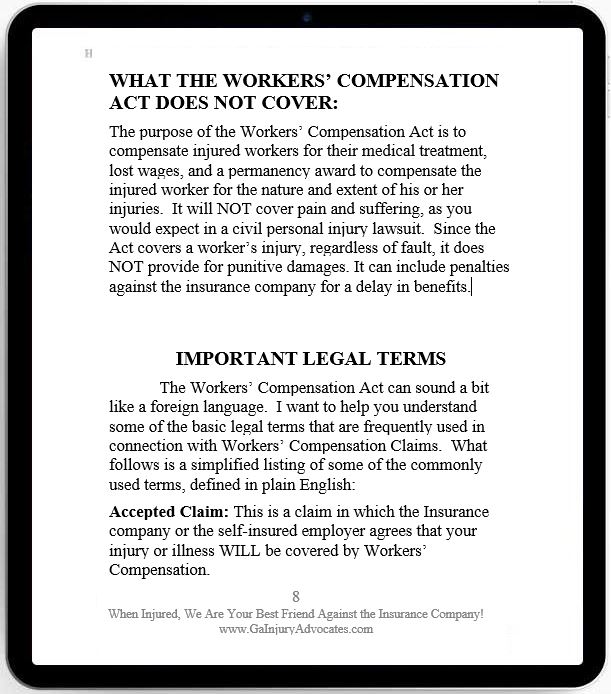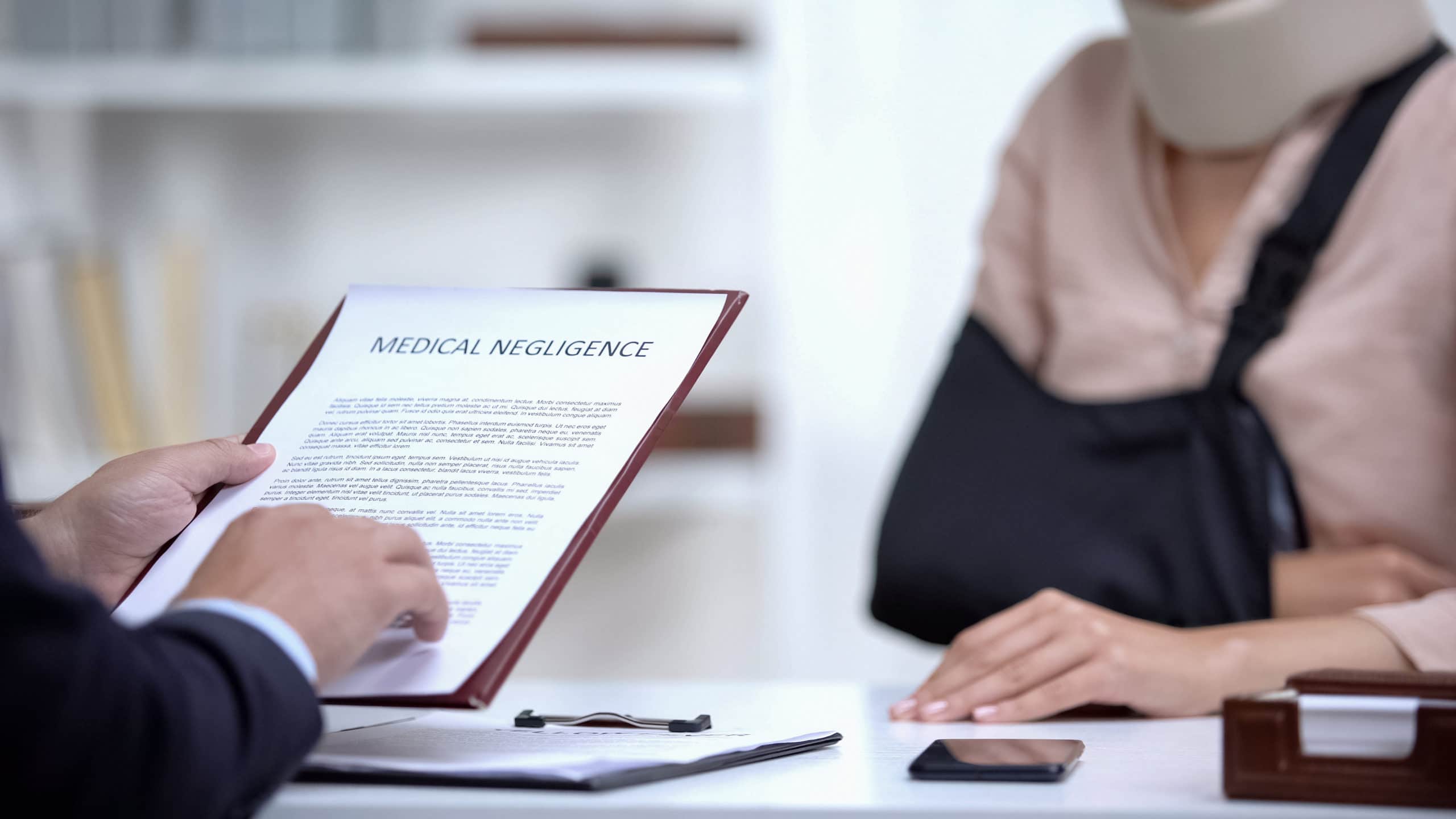If so, the good news is that Georgia Injury Advocates may be able to help!
In Georgia, if you have medical bills from a work injury, a workers’ compensation attorney can help you navigate the workers’ compensation process and protect your rights. Here’s how an attorney can assist you specifically in the context of Georgia’s workers’ compensation laws:
Understanding Georgia Workers’ Compensation Laws:
Workers’ compensation laws in Georgia can be complex, and an attorney with experience in this area can help you understand the specific requirements and benefits available to injured workers in the state.
Filing a Claim:
A workers’ compensation attorney can help you properly file a claim with your employer’s workers’ compensation insurance carrier. They will ensure that all necessary forms and documentation are submitted correctly and within the required timeframes.
Gathering and Presenting Evidence:
An attorney can assist in gathering the necessary medical evidence to support your claim. They will work with your medical providers to obtain relevant records and reports that demonstrate the extent of your injuries and the need for medical treatment.
Handling Communications:
Your attorney can communicate with the insurance company and your employer on your behalf. They can address any issues that may arise during the claims process and negotiate for a fair settlement.
Appealing Denied Claims:
If your workers’ compensation claim is denied, an attorney can guide you through the appeals process. They will represent you at hearings before the Georgia State Board of Workers’ Compensation and present evidence to support your case.
Calculating Benefits:
Workers’ compensation benefits in Georgia may include medical expenses, temporary total disability benefits (TTD) if you are unable to work, and permanent partial disability benefits (PPD) if you have a permanent impairment. An attorney can help calculate the appropriate benefits you should receive based on the severity of your injuries.
Resolving Disputes:
If there are disputes over your workers’ compensation claim, an attorney can work to resolve these issues and advocate for your rights and entitlements.
Handling Third-Party Claims:
In some cases, a work-related injury may involve third-party liability, such as a defective product or the negligence of a non-employer. An attorney can explore potential third-party claims to maximize your compensation beyond workers’ compensation benefits.
Read also: What Does the Georgia Workers’ Compensation Act Not Cover?
It’s important to note that Georgia’s workers’ compensation laws may change, and this information is based on the state of the law as of my last update in September 2021. To ensure you receive the most accurate and up-to-date advice regarding your specific situation, it’s crucial to consult with a knowledgeable workers’ compensation attorney in Georgia. They can provide personalized guidance tailored to your case and help you navigate the complexities of the workers’ compensation system.
Injured at Work?
Satisfied clients: 4.8 star +Google Reviews
Contact us for help in filing a Georgia workers’ compensation claim.



